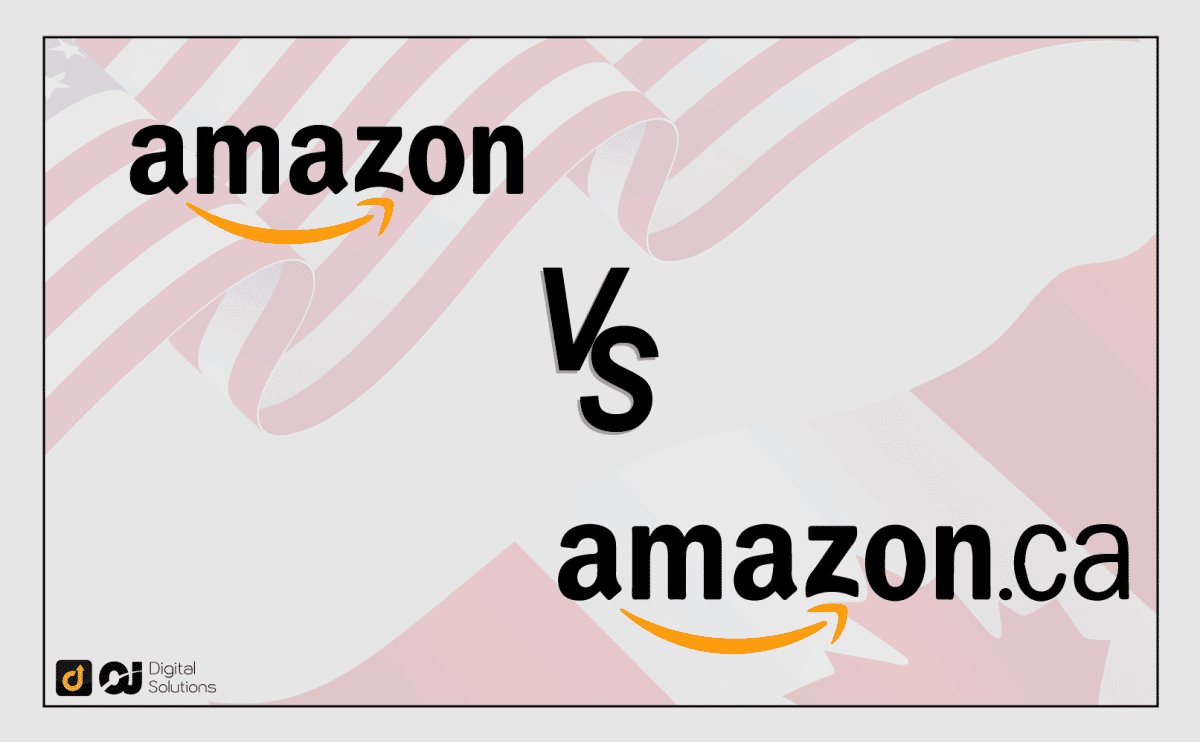Do you reside in Canada and are wondering whether to use Amazon.ca or Amazon.com?
Or are you already successful on Amazon.com and considering expanding your reach to Amazon.ca?
Whatever your reason is, you must possess the right information before selling on Amazon, regardless of the country.
This ultimate guide will show you the difference between the two so you can make the right move.
Let’s jump right in!
Amazon.ca Vs Amazon.com
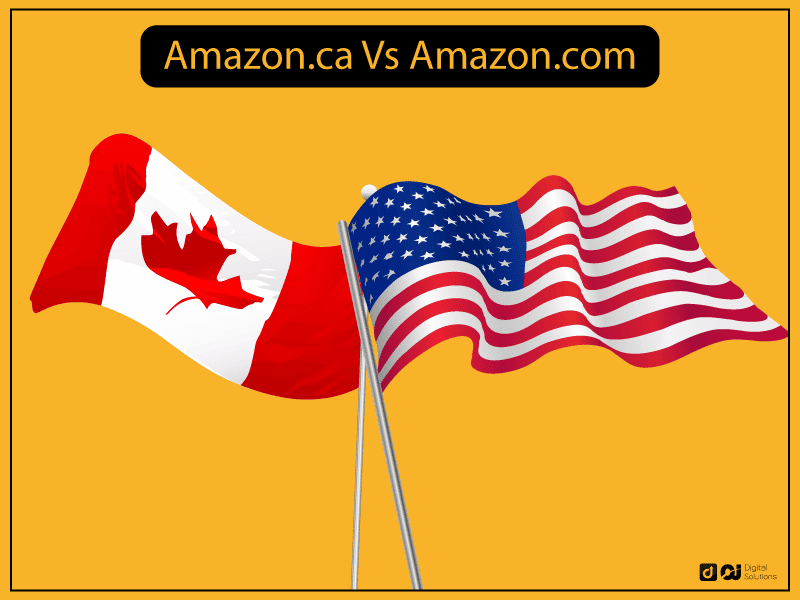
Since every country has consumers with different needs and demands, don’t expect that selling on Amazon Canada is the same as selling on Amazon U.S.
As a seller, it’s crucial to know these differences, as they’ll influence how you approach a specific version of Amazon.
Here are the major differences between Amazon.ca vs Amazon.com.
Market Size
The U.S.A has a population of 326 million, while Canada only has approximately 38.5 million.
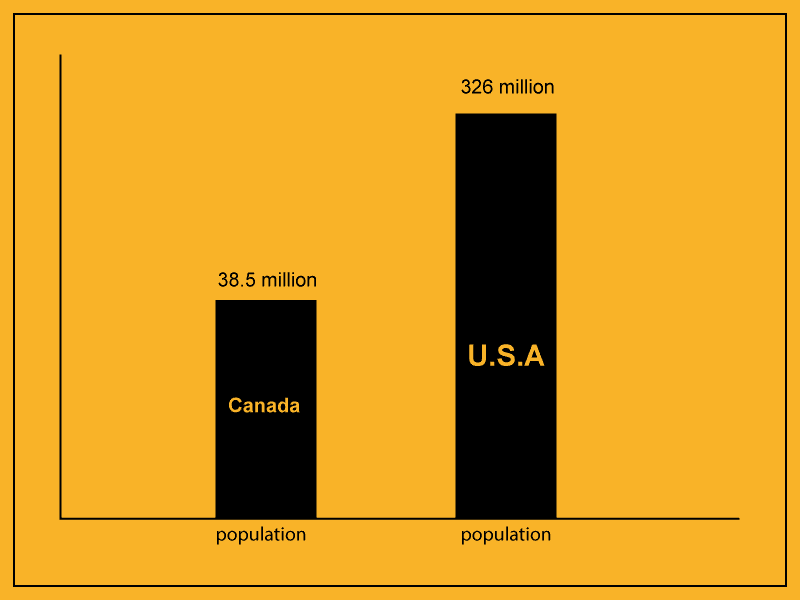
The diminutive population of Canada implies that there’s less Canadian sales volume.
This means that selling on Amazon CA is more complicated than selling on Amazon U.S.
For instance, if you sell 100 items daily on Amazon.com, you may only sell ten items to any Canadian customers using Amazon.
Competition
As Canada’s population is relatively smaller than the U.S., Canadian online sellers may not struggle with competition as any existing Amazon seller in the U.S.
An estimate shows that listed products on Amazon.com are around 350 million, whereas Amazon.ca only has 133 million.
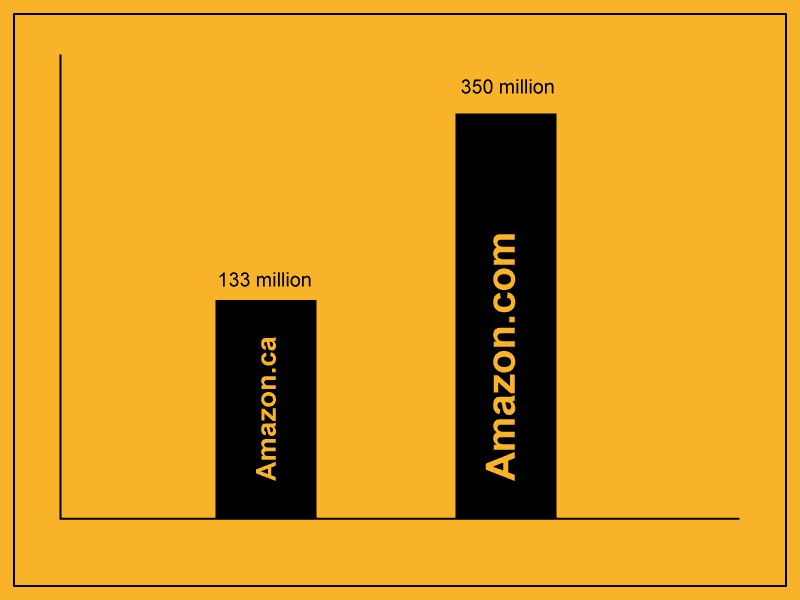
Despite what the numbers show, competition is still competition.
You must always be on top of your competition to be a successful Amazon seller.
Pricing
Less competition means you can safely set a higher price.
Nevertheless, to sell Amazon CA, it’s crucial to set the right price for your products.
Remember, Canadian consumers expect GST (Goods and Services Tax) to be a part of the total price.
So, don’t price your products too high so that you won’t discourage prospects.
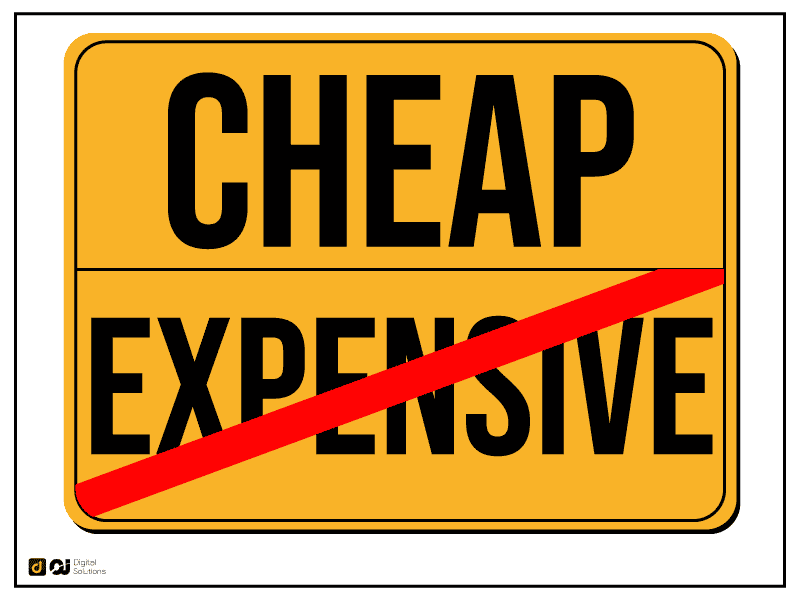
When listing your products, consider the currency exchange rate, too –– the US and Canadian dollars aren’t the same.
Canadian fba sellers also want to make sure their prices are not too low.
The Amazon Price Comparison Tool facilitates the transaction of cross-border shoppers.
If your products’ prices are too high or too low, Amazon’s tool may not detect them.
Shipping
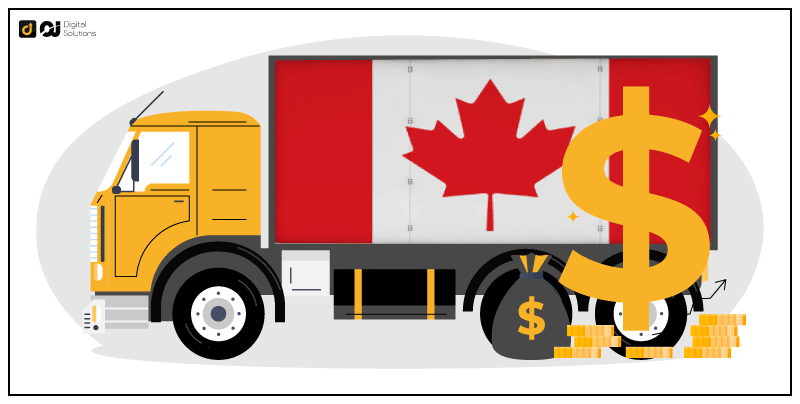
The majority of freight forwarders will charge more to ship to Canada compared to the U.S.
The additional shipping cost will be included in products with higher prices.
Since it’s a big country with a small population, shipping products around Canada is more expensive than in the U.S.
The expensive shipping fee is because of the transportation costs.
Lesser shipping options are another reason Amazon Canada’s shipping fee is more expensive than the U.S.

If you plan to sell your products through Fulfillment by Merchant (FBM), make sure to factor in this extra cost when setting your prices.
When using FedEx/UPS to send items to Canada, ensure you the DDP (Delivered Duty Paid) process is cleared.
Amazon will reject the shipment without DDP clearance.
PPC Cost

The PPC (Pay-per-click) cost on Amazon.ca is less costly yet more effective than on Amazon.com.
Since the market size in Canada is less competitive and saturated than Amazon.com, the former has fewer bidders raising the price.
However, a small market implies that each keyword in Amazon Canada will only give sellers a small fraction of search volume compared to U.S Amazon.
Scaling
The takeaway from these differences is you can scale much faster on Amazon Canada compared to the U.S. version.

The fact that Amazon.ca’s PPC campaign is cheaper yet more effective means that you can sell more products at higher profit margins.
The downside if you sell on Amazon Canada, however, is you’ll have lower revenue potential than on Amazon U.S.
You must also be familiar with Canadian sales tax, which is different from the U.S.
How To Select Where You Should Sell
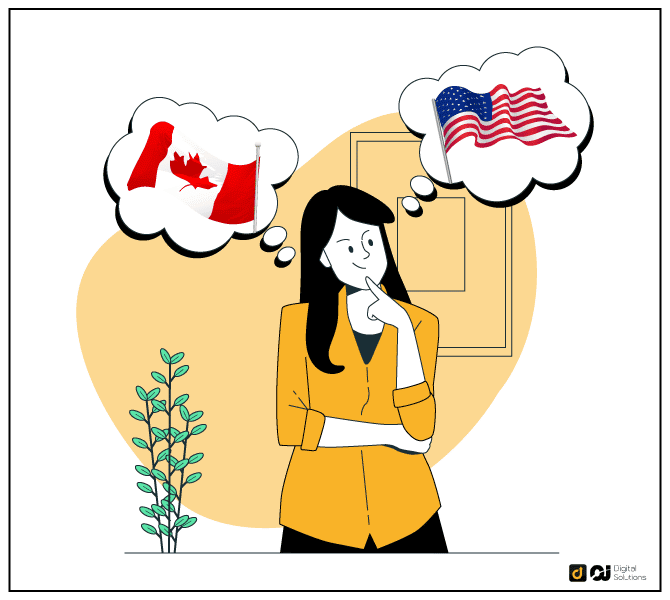
If you’re a private label FBA seller or retailer, you be wondering where you should sell your products –– Amazon U.S. or Canada.
It’s best to begin selling on Amazon.com.
The Canadian marketplace has less demand and volume compared to the U.S.
Once you have experience selling on Amazon.com, you can expand to Amazon.ca.
Register for a Seller Central Account if you’re selling in both U.S. and Canada.
This way, you can manage everything in a single interface.
What Is Amazon.ca & How To Sell There

Amazon.ca is Amazon’s Canadian site, and it functions the same way as Amazon US.
The products and prices set the difference between Amazon.ca and U.S.-based Amazon.
Amazon Canada has a variety of items available –– from daily essentials to sport wears –– offered by local Canadian companies and international sellers.
Even if Amazon Canada isn’t as huge as Amazon US, the former already had 179 million visits last July 2022.
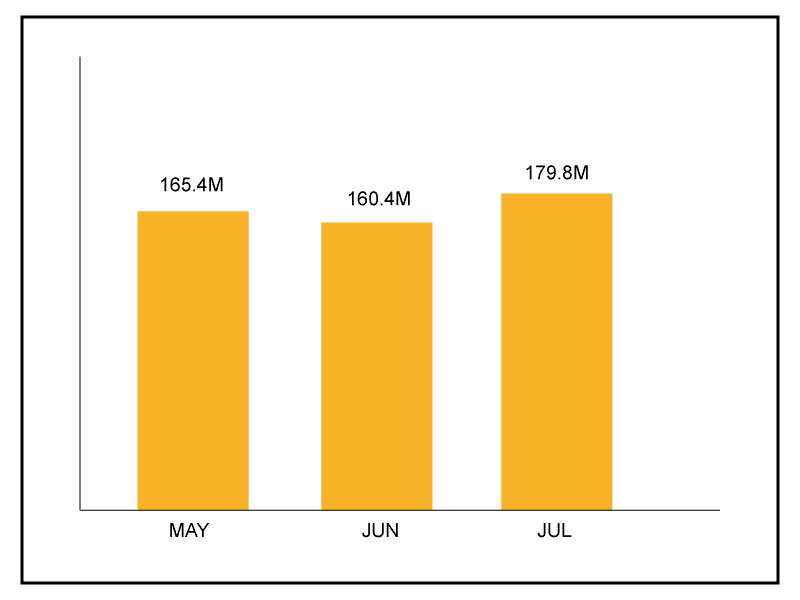
The steadily rising number of visitors on Amazon.ca is an opportunity for both existing non-Canadian Amazon sellers and Canadian residents to sell their products to this growing market.
Read on for a step-by-step guide on how to sell on Amazon CA.
How To Sell on Amazon CA
First, you must be legally compliant by having a Canadian business number.
To get a Canadian business number, visit the Canadian government website’s registration page.
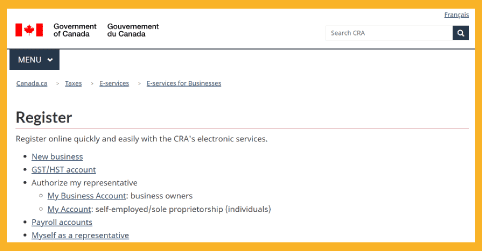
After completing the necessary forms and receiving a registration number, you can get an import-export account from the CBSA (Canada Border Services Agency).
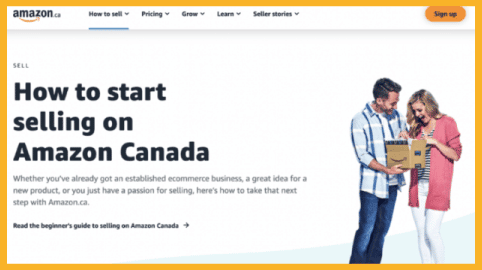
If you can now legally sell goods in Canada, Head to the Start Selling Online page found on Amazon.ca.
On the “Start Selling Online” page, click “Sign up” to create a new Amazon account.
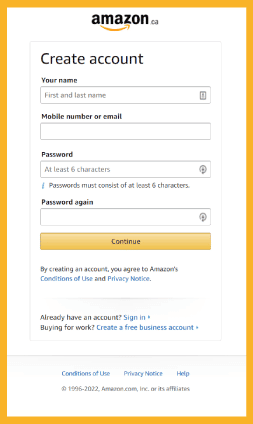
The form will ask for your business information and location.
Even if your business location isn’t in Canada, you can still sell on Amazon.ca.
After entering your business information and location, choose among these options:
- State-owned
- Publicly-listed
- Privately-listed
- Charity
- None, I am an individual
Choosing the last option means that you don’t have a registered business.
Once you’ve selected the appropriate business type, provide the following information:
- Physical address
- Phone number
- Date of Birth
- Local bank account and billing information
- Store name and type of selling plan (discussion below)
Remember that Amazon will need to verify your account and information before permitting you to sell on Amazon.ca.
Once approved, you can start listing items!
Amazon Canada Selling Plans
All Amazon marketplace requires sellers to choose between these two plans before selling on Amazon Canada: Individual and Professional.
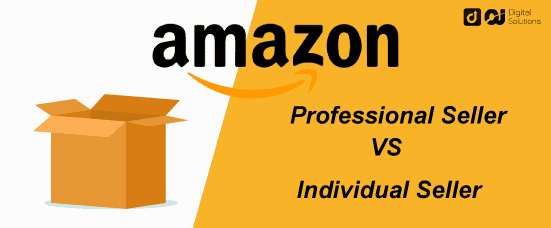
Individual
The individual selling plan is perfect for:
- New Amazon sellers.
- Canadian sellers who don’t have an idea on what product to sell.
- Sellers who plan to sell less than 20 products per month.
- Sellers who aren’t planning to use any selling tools or add-on programs.
This plan is also suitable for experiencing eCommerce without paying any monthly fees.
When going for this plan on Amazon.ca, you have to pay a flat rate of 1.50 Canadian dollars for every sale you make.
Professional
The professional account is best for:
- Sellers who can sell more than 20 products per month.
- Those who want to use advanced selling tools or add-on programs, such as Amazon Business, Launchpad, or Handmade.
- Sellers who are willing to pay 30 Canadian dollars per month.
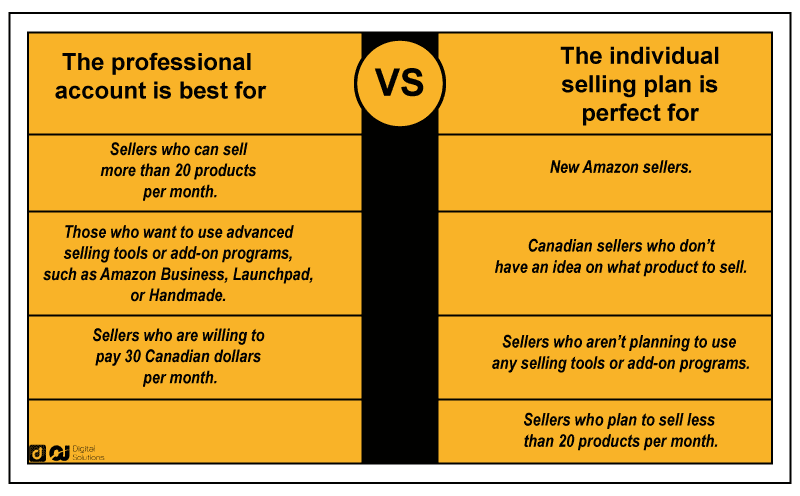
What Is Amazon.com & How To Sell There
Amazon.com is Amazon’s USA site, and it has the highest number of customers and visitors compared to the rest of the Amazon marketplaces.
How To Become an Amazon Seller US
If you want to reach millions of potential buyers, too, follow these steps.
Create an Amazon Seller Account
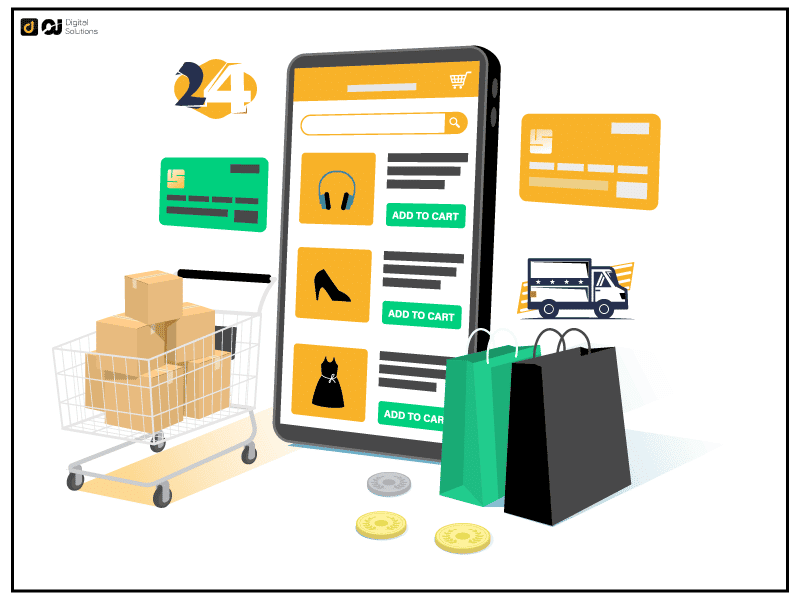
If you already have a customer account, you can use it to start selling.
Still, you can create a new seller account using your business email.
Before registering as an Amazon fba seller, make sure you have the following:
- Amazon customer account or business email
- Government ID
- Internationally accepted credit card
- A U.S. or Canadian bank account where Amazon sends your proceeds
- Phone number
- Tax information
Choose a Selling Plan
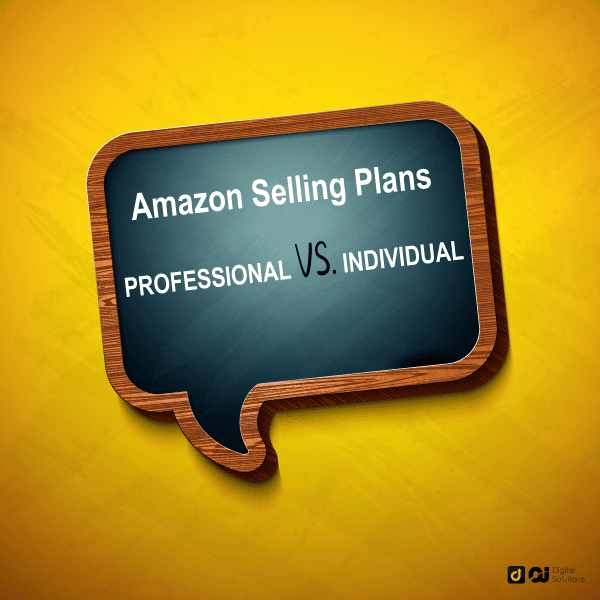
Similar to signing up for a Canadian seller account, you need to choose a selling plan to use a U.S.-based Amazon account.
An individual plan requires you to pay $0.99 for every item you sell.
A professional selling plan has a monthly fee of $39.99, despite how many products you sell.
Amazon will collect a referral fee on every sale you make in both plans.
The referral fee is a percentage of the total per sale fees.
Determine Your Selling Strategy
You can opt for the following selling strategy:
- Reseller: This involves finding in-demand products and listing them on Amazon.
- Brand Owner: This means you manufacture your products or source them.
In the case of the latter, you’ll then sell the said products under your label.
Nevertheless, manufacturing or sourcing goods will provide Amazon shoppers with a unique selection.

Remember that you don’t have to focus on one selling strategy.
In fact, plenty of sellers apply both simultaneously.
The point is to choose a strategy that’s aligned with your business goals.
FAQ – Frequently Asked Questions
Does Amazon.ca Account Work On Amazon.com?
Yes!
To transfer your account, follow these steps:
1 – Head to Manage Your Content and Devices in your seller central, and then click “Preferences.”
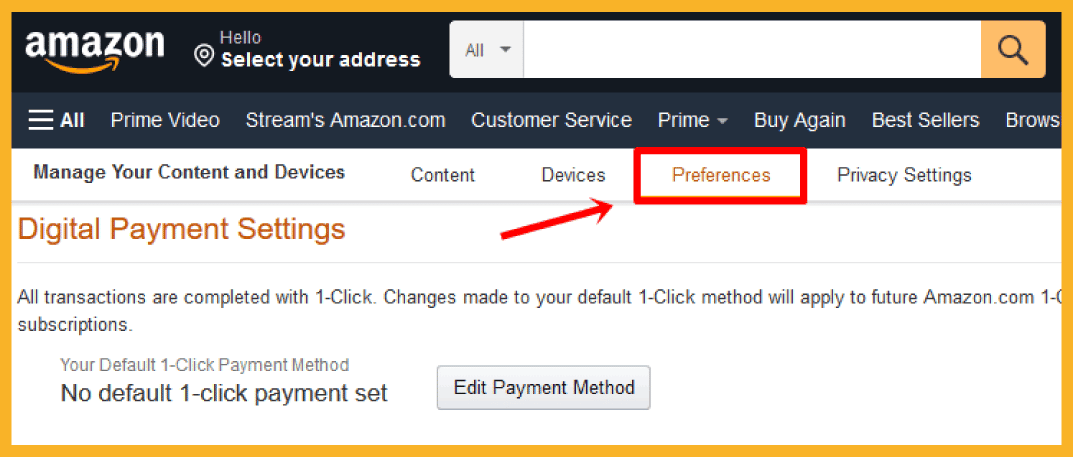
2 – Click Change, which is under “Country Settings.”
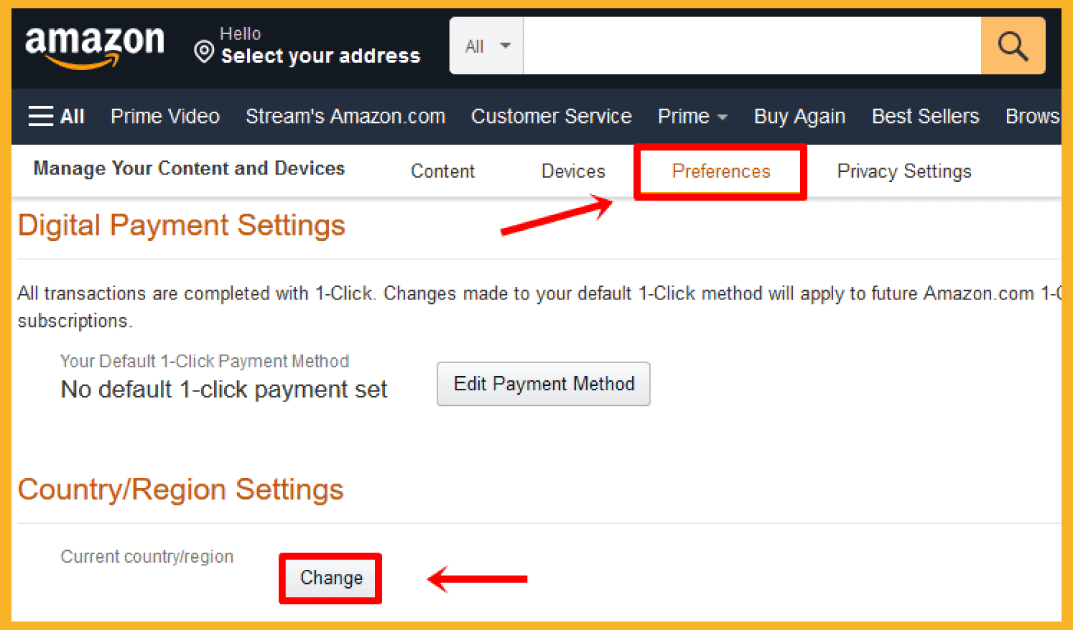
3 – After selecting or entering your address, click Update.
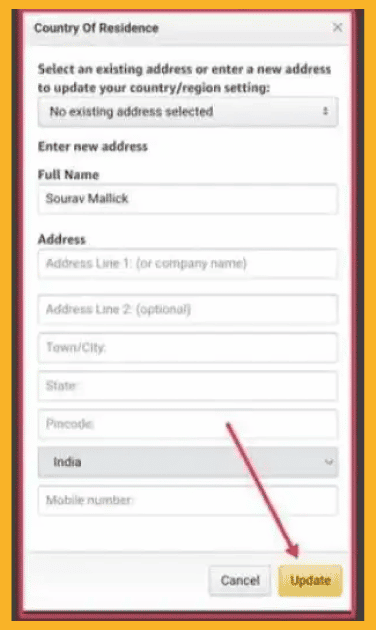
4 – To complete the process, click the option to transfer your account.
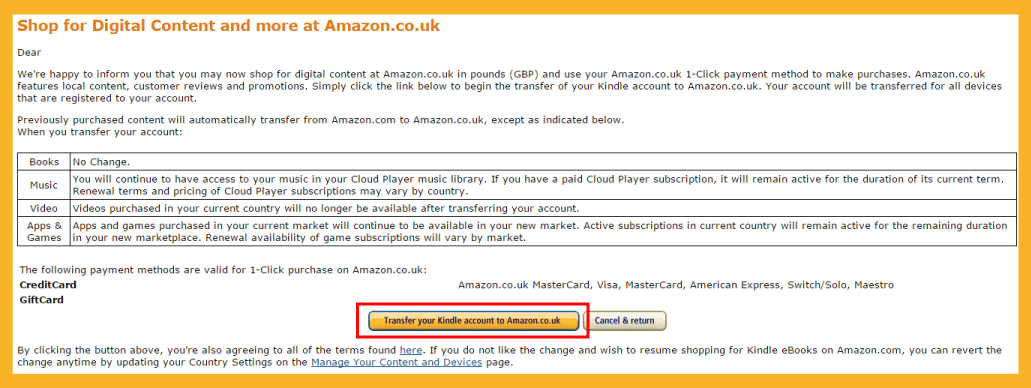
To reverse the process, follow the steps above.
Changing your Amazon account to another region or country will allow you to buy any content from the Kindle Store using the local currency.
Also, remember that transferring your Amazon account to another region or country will also transfer your digital content to the new account.
What Are Amazon.com’s Canadian Shipping Rates?
Canadian shipping costs are low compared to the U.S.
Here’s a breakdown of Amazon.ca’s shipping fee per shipment:
- Standard: $7.99 CAD
- Expedited: $9.99 CAD
- Priority: $19.99
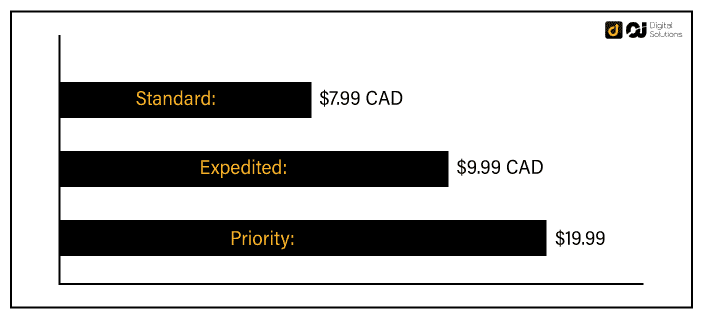
When Is Amazon.com A Better Choice For Canadian Online Shoppers?
For Canadian online shoppers, it makes more sense to shop on Amazon.com if:
- You’re purchasing big ticket items
- Buying multiple items
- Shipping to the U.S. border for pickup
- Buying items not locally available

On the other hand, if you’re purchasing a low-cost, single item, it’s best to use Amazon.ca.
Final Words
I hope this guide has given you helpful insights If you’re planning to have your registered Canadian business on Amazon or expand your business to the Canadian market.
Not only do you now know the difference between Amazon.ca vs Amazon.com, but you also have an idea on the following topics:
- How to set up an Amazon account in either Amazon.ca or Amazon.com
- Amazon Canada’s potential
- Where to sell your products
- Common FAQs
If you want to expand your market further or wondering how to reach a wider market, check out my guide on how to sell internationally on Amazon.

